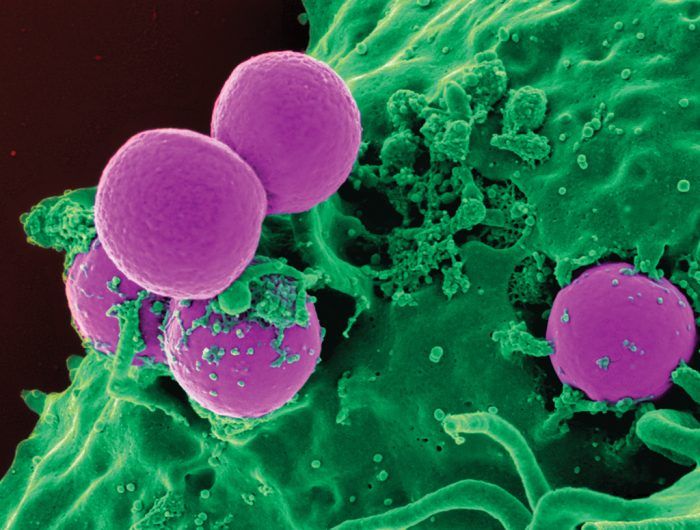Why the spike? For years, doctors doled out antibiotics willy-nilly. Even today, up to half of all prescribed antibiotics are unnecessary or used ineffectively.
Whenever antibiotics are used, some mutant bacteria survive. But the more an antibiotic is used, the more rapidly bacteria become resistant, reducing the effectiveness of the drug.
New treatments for superbugs are needed, but there have been no major novel antibiotic developments since the 1960s. That’s largely because pharmaceutical companies are abandoning antibiotic research. It’s time-consuming and expensive to bring a new drug to market — it takes about ten years and $2.9 billion, on average. So companies develop drugs that will make as much money as possible. Since drugs for chronic diseases make people life-long subscribers, and antibiotics are “one and done,” developers opt to make the former. Moreover, growing antibiotic resistance reduces the effective lifespan of new drugs, further limiting profits.
